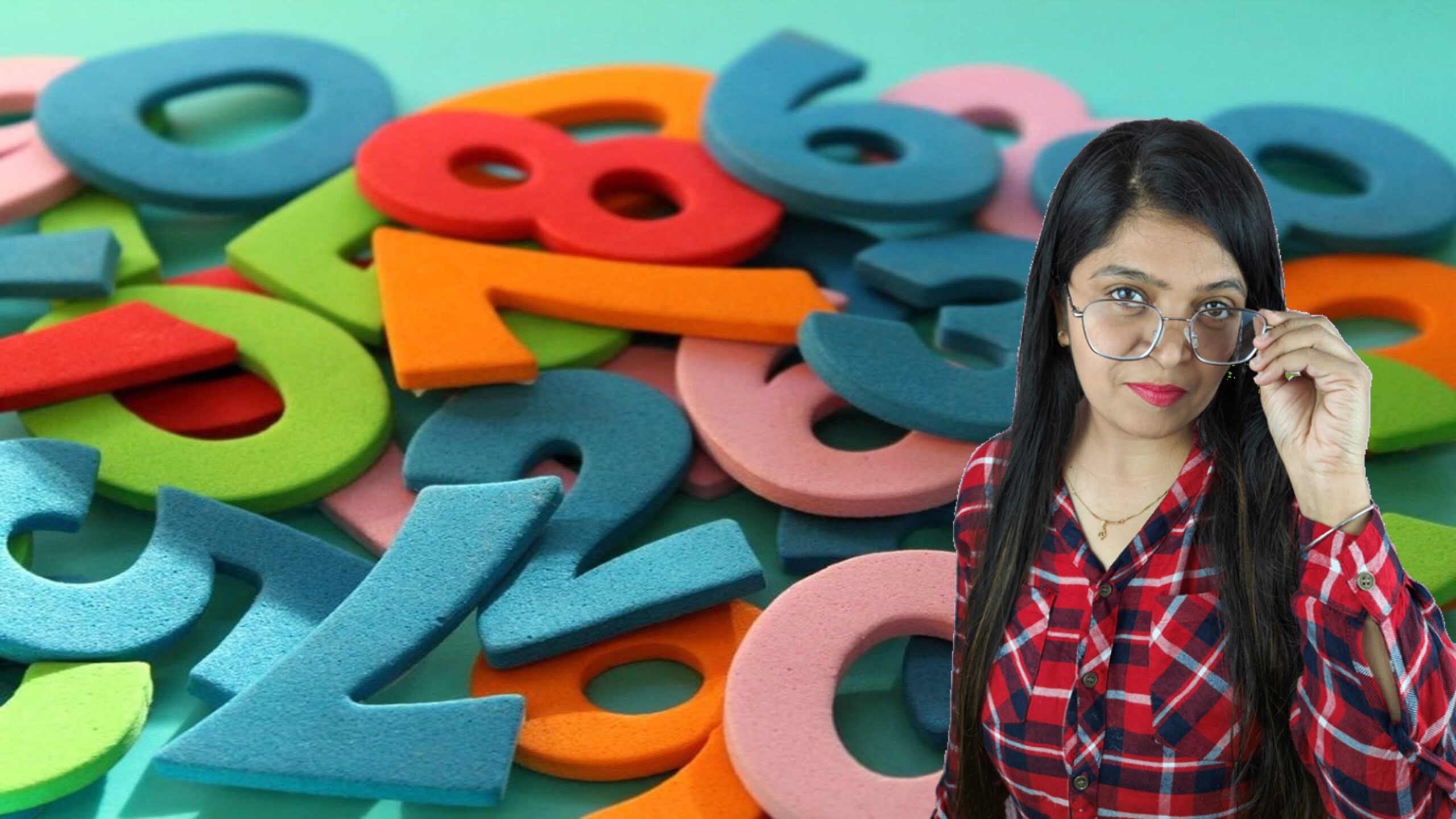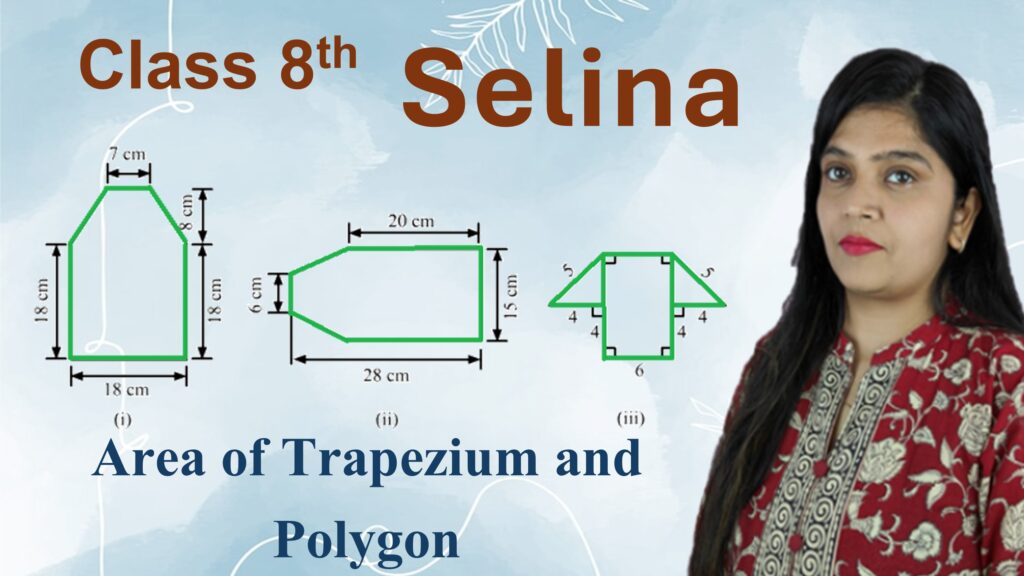Exercise: 2-C
Mental Maths
Q1: Fill in the blanks.
i. 156 × 48 – 156 × 38 = _____
Step-by-step solution:
We factor out 156: 156 × (48 – 38).
Now, subtract 48 – 38 = 10, so we have 156 × 10 = 1,560.
Answer: 156 × (48 – 38) = 156 × 10 = 1,560
ii. 76 × 53 + 76 × 47 = _____
Step-by-step solution:
We factor out 76: 76 × (53 + 47).
Now, add 53 + 47 = 100, so we have 76 × 100 = 7,600.
Answer: 76 × (53 + 47) = 76 × 100 = 7,600
iii. 138 × 67 + 62 × 67 = ______
Step-by-step solution:
We factor out 67: 67 × (138 + 62).
Now, add 138 + 62 = 200, so we have 67 × 200 = 13,400.
Answer: 67 × (138 + 62) = 67 × 200 = 13,400
iv. 4 × 269 × 25 = ______
Step-by-step solution:
First, multiply 4 × 269 = 1,076.
Now, multiply 1,076 by 25: 1,076 × 25 = 26,900.
Answer: 4 × 269 × 25 = 26,900
v. There are ______ whole numbers up to 40.
Step-by-step solution:
The whole numbers from 0 to 40 are: 0, 1, 2, 3, …, 40.
So, there are 41 whole numbers in total.
Answer: 41 whole numbers (0 to 40)
vi. _______ is the whole number which has no predecessor.
Step-by-step solution:
The number 0 is the smallest whole number, and it does not have a predecessor.
Answer: 0 is the whole number which has no predecessor.
Q2: Write T for true and F for false statement :
i. The least natural number is 0.
Step-by-step solution:
The least natural number is 1, not 0.
Answer: False.
ii. Subtraction is associative on natural numbers.
Step-by-step solution:
Subtraction is not associative. For example, (5 – 3) – 2 ≠ 5 – (3 – 2).
Answer: False.
iii. In whole numbers, the multiplicative identity is 1.
Step-by-step solution:
Multiplying any whole number by 1 gives the same number, so the multiplicative identity is 1.
Answer: True.
iv. For whole numbers a, b, c, we always have (a + b).c = a.c + b.c.
Step-by-step solution:
This is the distributive property of multiplication over addition: (a + b).c = a.c + b.c.
Answer: True.
v. 78 × 395 + 78 × 605 = 78000
Step-by-step solution:
We can factor out 78: 78 × (395 + 605) = 78 × 1,000 = 78,000.
Answer: True.






Leave a Comment